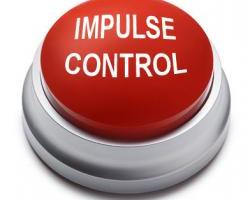Nail biting is an impulse control disorder, according to the DSM-IV-R. Technically known as onychophagia, it is characterized by the equal biting of all 10 fingernails, generally to the same degree. It is believed to affect as many as one in three kids between 7 and 10 years old, and almost 50 percent of all teenagers.
Chronic nail biting can break the finger's cuticle, opening up the body to any number of infections. It can also cause oral and dental problems, as well as deformity of the fingernails if carried out for several years or more.
Treatments
Treatments for nail biting include cognitive-behavioral therapy (CBT) as well as habit reversal training (HRT), lesser known than CBT but which attempts to get the patient to unlearn the behavior and swap it out with something more healthy and productive.
Another treatment involves the application to the finger nails of an extremely bitter compound called denatonium benzoate in the form of nail polish. The bitterness is so bad that it often succeeds in deterring nail biting.
Related Disorders
A number of other mental health and impulse control disorders are related to nail biting, including but not limited to:
- Skin picking (dermatillomania)
- Skin biting (dermatophagia)
- Hair pulling (trichotillomania)
- Some eating disorders
- Obsessive-compulsive disorder
As one might note, these disorders are related in that they are essentially not only impulse control issues but also body-focused, repetitive behaviors.



